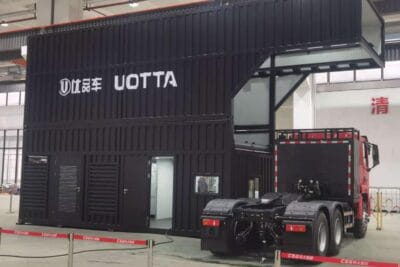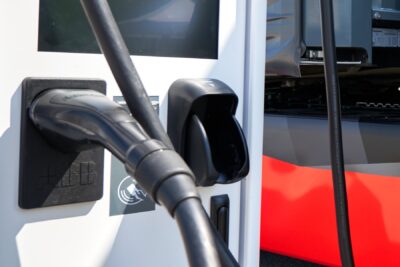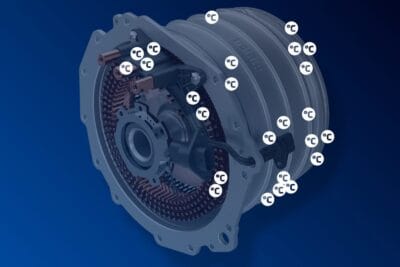Isuzu & Honda to develop heavy FC truck
Honda and Isuzu Motors signed an agreement for joint research into heavy-duty trucks with fuel cells. The cooperation is, however, only scheduled for two years for the time being, concrete series models have not been announced.
As part of the collaboration, the Japanese vehicle manufacturers want to combine Isuzu’s expertise in the development of heavy-duty trucks and Honda’s in the development of fuel cell systems. Specifically, Isuzu wants to test Honda’s fuel cell drive train designed for passenger cars in its commercial vehicles in order to prepare for the use of the technology in a broader range of vehicles. This was announced by both companies at a joint press conference in Japan.
In this way, both manufacturers can complement each other or avoid their weaknesses: Honda has experience with the fuel cell, but no suitable truck to test the technology in commercial vehicles. Isuzu, on the other hand, has many truck models on offer but has been busy concentrating on the diesel engine and failed to produce electric variants in its range.
“Although we have done extensive research and development work on passenger cars, we have not been able to investigate how best to apply the technology to commercial vehicles,” a Honda spokesman said at the press conference, according to a Reuters report. “This partnership will allow us to do that.”
Honda is one of the few car manufacturers that has already brought an FCEV to series production. However, the Clarity Fuel Cell has never made it past small series production, although it has been available in some markets since 2015. According to Reuters, only 654 Clarity were sold in North America and Japan in 2018, out of a total Honda sales volume of 5.23 million vehicles.
On paper, the advantages of fuel cell vehicles with their shorter refuelling times seem to outweigh the charging time of battery electric vehicles, especially for long-distance use and heavy trucks in particular. In trucks, the high weight of large batteries comes at the expense of the payload. “We think that FCV technology is well suited for heavier trucks which travel longer distances,” said an Isuzu spokeswoman. She added that the truck manufacturer is now also developing battery-electric drives for short-distance vehicles.
With this cooperation, the two companies also want to “promote expansive discussions in the industry”. The company spokeswoman added that there were still some problems with the use of hydrogen in heavy commercial vehicles, such as costs and infrastructure. The company says that “These issues need to be tackled not only by individual companies but more expansively through industry-wide initiatives.”





1 Comment